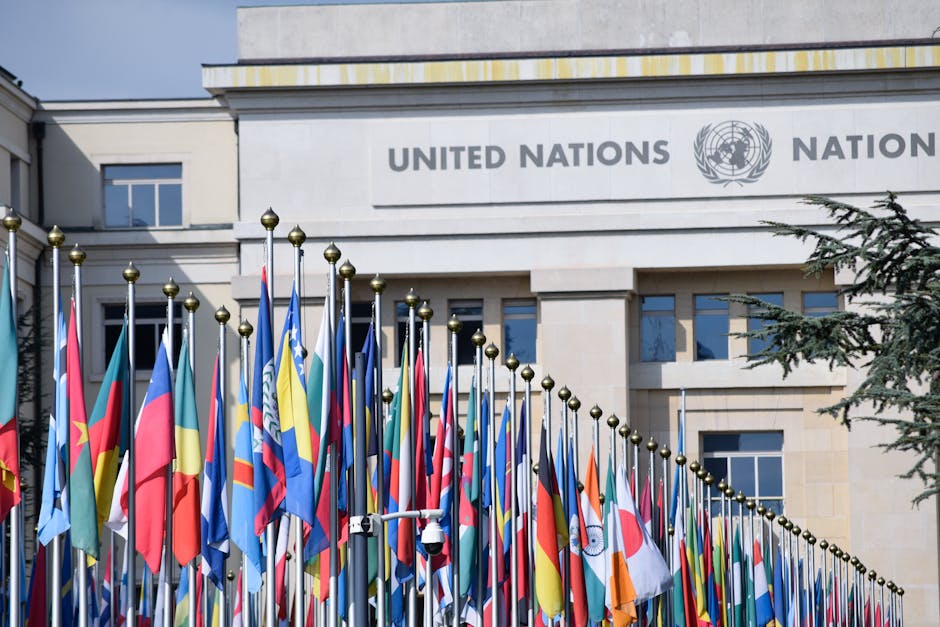Diplomatic Firestorm: Calls for Expulsion After Chinese Diplomat's "Prime Minister Beheading" Post Ignites Outrage

A highly provocative social media post by a Chinese diplomat, containing the phrase "Prime Minister Beheading," has triggered a wave of condemnation and calls for severe diplomatic action. The outrageous remark has sparked significant outrage, leading an editorial to assert a strong demand for the diplomat's immediate expulsion.
The Provocative "Prime Minister Beheading" Post
The controversy centers on a post that included the chilling phrase "Prime Minister Beheading" (首相斬首). Such language, attributed to an official representative of the Chinese government, is widely regarded as not only inappropriate but also deeply disturbing and a severe violation of diplomatic decorum. The nature of the remarks has drawn sharp criticism for its violent undertones and blatant disregard for the civility expected in international discourse.
The incident has intensified scrutiny on the conduct of diplomatic personnel and the boundaries of expression, especially when such statements emanate from individuals tasked with fostering international relations. The use of such explicitly violent rhetoric against a head of government is unprecedented and has raised serious questions about the intent behind the communication.
Editorial Demands Diplomat's Expulsion
Responding to the gravity of the situation, an editorial published by Sankei News has vociferously asserted that the Chinese diplomat responsible for the abusive post must be expelled. The editorial characterizes the remarks as "暴言" (abusive language or outrageous remarks) and underscores the necessity for a firm and unequivocal response from the host nation.
The demand for expulsion reflects a deep-seated concern over the potential for such rhetoric to undermine diplomatic relations and set a dangerous precedent. The editorial argues that allowing such behavior to go unpunished would tacitly endorse a breakdown in the fundamental principles of respect and professionalism that underpin international diplomacy. It highlights the principle that diplomats, while enjoying certain immunities, are also bound by strict codes of conduct and non-interference in the internal affairs of the host country.
Implications for International Diplomacy and China Relations
This incident carries significant implications for international diplomacy and, specifically, for relations with China. The call for a diplomat's expulsion is one of the most serious actions a host country can take, signaling a complete breakdown of trust and an unacceptable breach of diplomatic norms. Such a move would undoubtedly escalate tensions and could lead to retaliatory measures.
The episode serves as a stark reminder of the delicate balance in international relations and the profound impact that individual actions, particularly by official representatives, can have on broader geopolitical dynamics. The expectation for diplomats is to build bridges, not to incite violence or use language that could be interpreted as a threat. The global community will be watching closely to see how this diplomatic firestorm unfolds and what measures are taken to uphold the integrity of diplomatic conduct.
Comments
Post a Comment